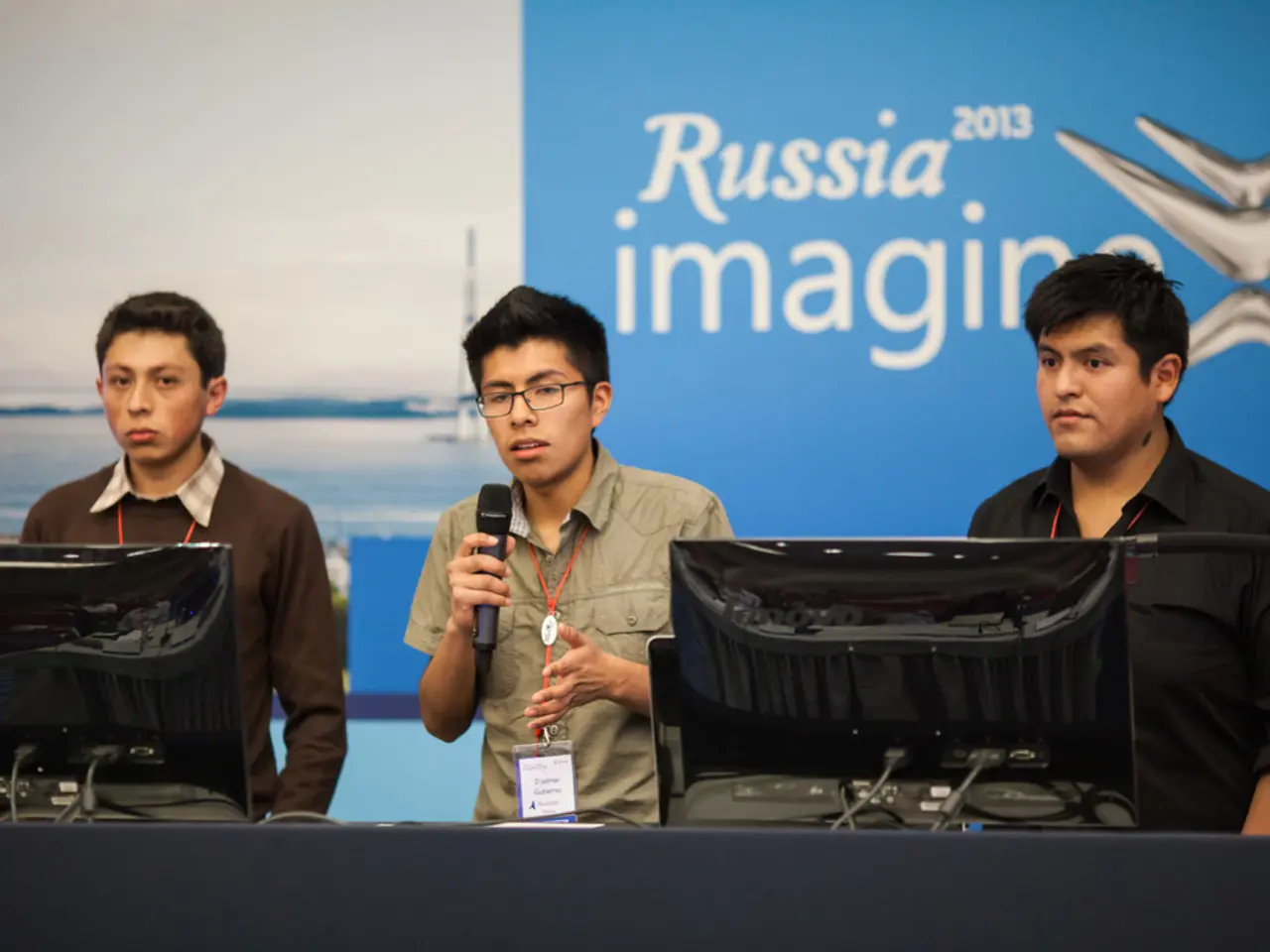In Siberia, the term "Muscovite" carries a strong negative connotation for Yelena Trifonova
In the heart of Siberia, a region rich in oil and gas yet often feeling exploited by Moscow, a team of journalists is working tirelessly to bring the untold stories of its people to light. This is the story of "People of Baikal," a courageous independent media outlet that started as a small website in 2019, initiated by Yelena Trifonova and journalist Olya Mutovina.
The project, with its human-centric narratives, emphasizes the people it represents, its audience, and anyone connected to or interested in the Baikal region. "People of Baikal" focuses on the Siberian regions, shedding light on the problems they face, from the lack of essential services to the institutional discrimination that has been uncovered.
One such issue is the disproportionate casualty rate in the war in Ukraine. A man from Buryatia, a region covered by "People of Baikal," is approximately 75 times more likely to die than a Muscovite, highlighting the stark reality of the institutional discrimination faced by these regions.
Collaborating in such circumstances is challenging and dangerous, with contributors using pseudonyms for safety. The protagonists of their stories are often afraid to give comments to their publication, as it has been censored and blocked by authorities, with the website later being blocked by Roskomnadzor, the Russian media watchdog.
Despite these challenges, "People of Baikal" has documented 1,800 casualties from the Irkutsk region and Buryatia, as authorities are not releasing casualty figures. In a town of 18,000, Slyudyanka, there are only two ambulances and one main doctor, leading to deaths without timely medical assistance.
In Buryatia, a region among the poorest in Russia, power costs are significantly higher in neighboring regions like Irkutsk. The gas from the Kovykta field is sold cheaply to China, while regions like Irkutsk and Buryatia do not receive the same benefits. This disparity is a stark reminder of the exploitation faced by these regions.
"People of Baikal" has faced its fair share of adversity. Yelena Trifonova and Olya Mutovina were detained during an anti-draft rally in September 2022 and faced an interrogation and an administrative case accusing them of defaming the army. Two other journalists, Natasha Sokolnikova and Karina Pronina, later joined the team.
Karina was previously detained at a war victim's funeral, and Yelena Trifonova believes that the war in Ukraine has accelerated discussions about decolonization in Russia. Independent Russian media, such as "People of Baikal," survive primarily through fundraising and grants due to being cut off from advertisers.
Despite being based abroad, "People of Baikal" continues to stay connected to what's real and relevant within Russia. The main sources of financing for "People of Baikal" are not provided in the available search results, but the team remains committed to its mission.
In a year, Irkutsk increased its taxes from RUB 214 billion to RUB 1.7 trillion, but the area lacks funding for essential services like schools. Buryatia, one of the poorest regions in Russia, faces similar challenges.
As Russia grapples with discussions about decolonization, "People of Baikal" continues to provide a platform for the voices of the people, shining a light on the realities of life in Siberia and advocating for change. Despite the risks, the team remains dedicated to their mission, working anonymously in Russia while carrying out on-ground reporting and editing from abroad with their identities disclosed.
Read also:
- Impact of Alcohol on the Human Body: Nine Aspects of Health Alteration Due to Alcohol Consumption
- Understanding the Concept of Obesity
- Tough choices on August 13, 2025 for those born under Aquarius? Consider the advantages and disadvantages to gain guidance
- Microbiome's Impact on Emotional States, Judgement, and Mental Health Conditions








